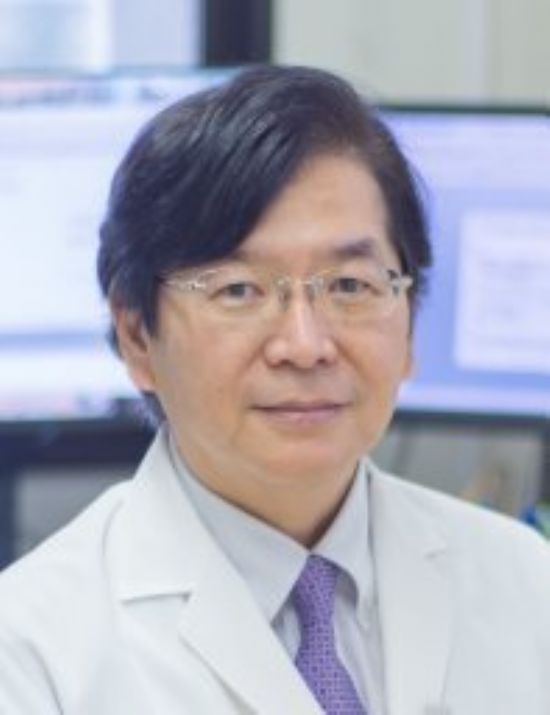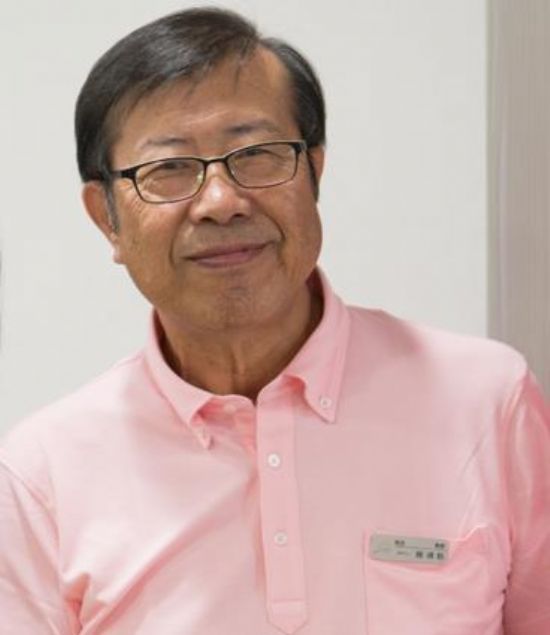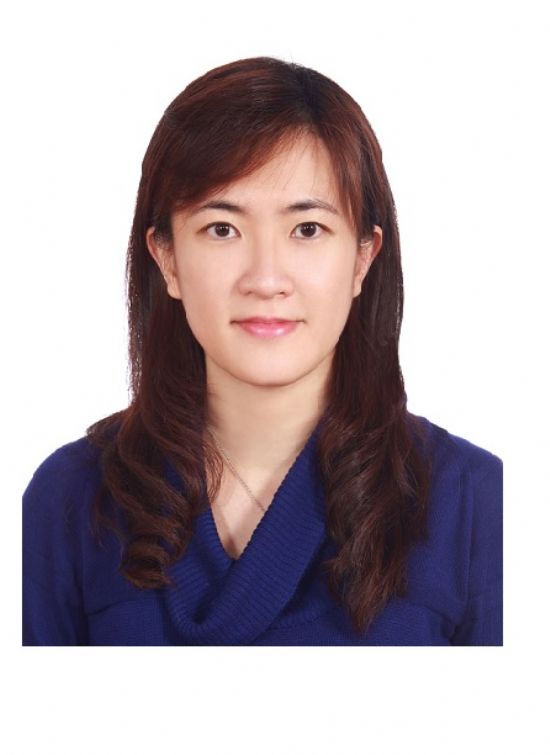Time slot's time in Taipei (GMT+8)
2025/11/22 SYMPOSIUM 2 Room 101 CD
- SYMPOSIUM 2 Epilepsy in Asian Oceanian
Clinical Features of Epileptic Syndrome in Asian Oceanian Countries: May Vary or Not?
- Time
- Topic
- Speaker
- Moderator
- 11:00-11:30
- Myoclonic Epilepsies in Asian-Oceanic region: from History, Classification to Genetics
- Speaker:
Samuel Frank BerKovic
- Moderator:
Ikeda Akio
- Ikeda Akio
- MD, PhD, FACNS
-
Professor, Department of Epilepsy, Movement Disorders and Physiology, Kyoto University Graduate School of Medicine
E-mail:akio@kuhp.kyoto-u.ac.jp
Executive Summary:
Akio IKEDA, MD, PhD, FACNS is currently Professor, Department of Epilepsy, Movement Disorders and Physiology at Kyoto University School of He was appointed as the Regional Chair of ILAE-Asia Oceania (2017-2021) and the President of JES (2017-2021), currently being past-chair and vice president. He was trained in Epilepsy and Clinical Neurophysiology in Cleveland Clinic Foundation, Ohio, USA between 1989 and 1991, and earned his PhD from Kyoto University in 1993. Dr. IKEDA is involved in clinical epilepsy, neurology, and clinical neurophysiology, including epilepsy surgery (i.e., epileptogenesis made by astrocytes, ictal DC shifts. wide-band EEG), central control of myoclonus, motor seizures, movement disorders, and voluntary movements by slow cortical potentials (Bereitschaftspotentials and CNV). Currently also scalp-recorded infraslow activity as the causative EEG biomarker candidates in various neurological disorders aiming at CSD (cortical spreading depolarization) (migraine, amyloid spell, transient focal neurological episodes, head trauma, critical care, etc.). He has been working on clinical pathophysiology and treatment of BAFME (Cortical Tremor) since 1990 (Neurology,40:1561-1565) He was an Associate Editor of Epilepsia (2013-2017) and Neurology & Clinical Neuroscience (2013-2018) (English journal of Japan Neurology Society) and sits on the editorial boards of many journals. He has published in the literature having authored more than 480 original articles (385 in English, 95 in Japanese), 360 review articles (30 in English, 330 in Japanese), 182 book chapters (17 in English, 165 in Japanese) and 13 books (1 in English, 12 in Japanese). Invited lectures were done in 185 international academia meetings, and in 260 domestic academia meeting.
Akio IKEDA, MD, PhD, FACNS is currently Professor, Department of Epilepsy, Movement Disorders and Physiology at Kyoto University School of He was appointed as the Regional Chair of ILAE-Asia Oceania (2017-2021) and the President of JES (2017-2021), currently being past-chair and vice president. He was trained in Epilepsy and Clinical Neurophysiology in Cleveland Clinic Foundation, Ohio, USA between 1989 and 1991, and earned his PhD from Kyoto University in 1993. Dr. IKEDA is involved in clinical epilepsy, neurology, and clinical neurophysiology, including epilepsy surgery (i.e., epileptogenesis made by astrocytes, ictal DC shifts. wide-band EEG), central control of myoclonus, motor seizures, movement disorders, and voluntary movements by slow cortical potentials (Bereitschaftspotentials and CNV). Currently also scalp-recorded infraslow activity as the causative EEG biomarker candidates in various neurological disorders aiming at CSD (cortical spreading depolarization) (migraine, amyloid spell, transient focal neurological episodes, head trauma, critical care, etc.). He has been working on clinical pathophysiology and treatment of BAFME (Cortical Tremor) since 1990 (Neurology,40:1561-1565) He was an Associate Editor of Epilepsia (2013-2017) and Neurology & Clinical Neuroscience (2013-2018) (English journal of Japan Neurology Society) and sits on the editorial boards of many journals. He has published in the literature having authored more than 480 original articles (385 in English, 95 in Japanese), 360 review articles (30 in English, 330 in Japanese), 182 book chapters (17 in English, 165 in Japanese) and 13 books (1 in English, 12 in Japanese). Invited lectures were done in 185 international academia meetings, and in 260 domestic academia meeting.
- Time
- Topic
- Speaker
- Moderator
- 11:30-12:00
- Overview of neurophysiology relevant clinical feature of BAFME
- Speaker:
Akio Ikeda
- Moderator:
Ching-Song Lu
- Ching-Song Lu
- MD
-
Superintendent, Professor Lu Neurological Clinic
E-mail:bob.cslu@gmail.com
Executive Summary:
Prof Chin-Song Lu is a Professor of Neurology serving as the Superintendent of Professor Lu Neurological Clinic, majoring in Parkinson’s disease and related movement disorders. Prof Lu is also serving as the Director of Landseed International Hospital.
Prof Lu had previously served as the Chair of Neuroscience Research Centre, Chair of Department of Neurology and Chair of Division of Movement Disorders at Chang Gung Memorial Hospital, Linkou Medical Center. Among his numerous professional activities, he was the founder of Movement Disorders Group in Taiwan Neurological Society and promoter of Taiwan Movement Disorders Society. Prof Lu had served as the President of 19th Taiwan Neurological Society 2013.
Prof Lu's research interests cover many aspects of disorders of movement in neurology mainly including clinical drug trials, molecular and functional imaging and genetic research in Parkinson’s disease and other related movement disorders.
Prof Lu continues his passion to serve patients in primary care and fully supports researchers at Chang Gung Gung Memorial Hospital (Department of Nuclear Medicine and Department of Neurology) and Chang Gung University, providing a wealth of clinical data and collaborating on Parkinson's disease research projects.
Prof Chin-Song Lu is a Professor of Neurology serving as the Superintendent of Professor Lu Neurological Clinic, majoring in Parkinson’s disease and related movement disorders. Prof Lu is also serving as the Director of Landseed International Hospital.
Prof Lu had previously served as the Chair of Neuroscience Research Centre, Chair of Department of Neurology and Chair of Division of Movement Disorders at Chang Gung Memorial Hospital, Linkou Medical Center. Among his numerous professional activities, he was the founder of Movement Disorders Group in Taiwan Neurological Society and promoter of Taiwan Movement Disorders Society. Prof Lu had served as the President of 19th Taiwan Neurological Society 2013.
Prof Lu's research interests cover many aspects of disorders of movement in neurology mainly including clinical drug trials, molecular and functional imaging and genetic research in Parkinson’s disease and other related movement disorders.
Prof Lu continues his passion to serve patients in primary care and fully supports researchers at Chang Gung Gung Memorial Hospital (Department of Nuclear Medicine and Department of Neurology) and Chang Gung University, providing a wealth of clinical data and collaborating on Parkinson's disease research projects.
- Time
- Topic
- Speaker
- Moderator
- 12:00-12:30
- Diagnostic and treatment of FAME/BAFME: Asian-oceanic perspectives
- Speaker:
Meng-Han Tsai
- Moderator:
Chin-Hsien Lin
- Chin-Hsien Lin
- MD, PhD
-
Professor, Department of Neurology, National Taiwan University Hospital
E-mail:chlin@ntu.edu.tw
Executive Summary:
Dr. Chin-Hsien Lin graduated from College of Medicine, National Taiwan University, and received her neurological residency training in National Taiwan University Hospital (NTUH). She received her PhD training from Institute of Molecular Biology, Academia Sinica, and investigated the molecular mechanisms of LRRK2 mutations in neurons by using a Drosophila model system. She received post-doctoral fellowship training in the Center for University of British Columbia, Canada (Dr. Matthew Farrer’s laboratory). Dr. Lin is now a professor in Department of Neurology, National Taiwan University Hospital. Her main academic interests include genetic and molecular biology studies of Parkinson’s disease and related neurodegenerative disorders. She investigated the molecular mechanisms of mutations of Parkinson’s disease or dystonia causative genes in neuronal degeneration by using cellular and animal model systems. She was elected to join the leadership program (LEAP) of international Movement Disorder Society (MDS)-AOS section in 2015. She is the past President of Taiwan Movement Disorders Society and is also joining several committees of MDS, including executive committee of the MDS-AOS section, basic neuroscience committees and evidence-based medicine (EBM) and of MDS.
Dr. Chin-Hsien Lin graduated from College of Medicine, National Taiwan University, and received her neurological residency training in National Taiwan University Hospital (NTUH). She received her PhD training from Institute of Molecular Biology, Academia Sinica, and investigated the molecular mechanisms of LRRK2 mutations in neurons by using a Drosophila model system. She received post-doctoral fellowship training in the Center for University of British Columbia, Canada (Dr. Matthew Farrer’s laboratory). Dr. Lin is now a professor in Department of Neurology, National Taiwan University Hospital. Her main academic interests include genetic and molecular biology studies of Parkinson’s disease and related neurodegenerative disorders. She investigated the molecular mechanisms of mutations of Parkinson’s disease or dystonia causative genes in neuronal degeneration by using cellular and animal model systems. She was elected to join the leadership program (LEAP) of international Movement Disorder Society (MDS)-AOS section in 2015. She is the past President of Taiwan Movement Disorders Society and is also joining several committees of MDS, including executive committee of the MDS-AOS section, basic neuroscience committees and evidence-based medicine (EBM) and of MDS.







